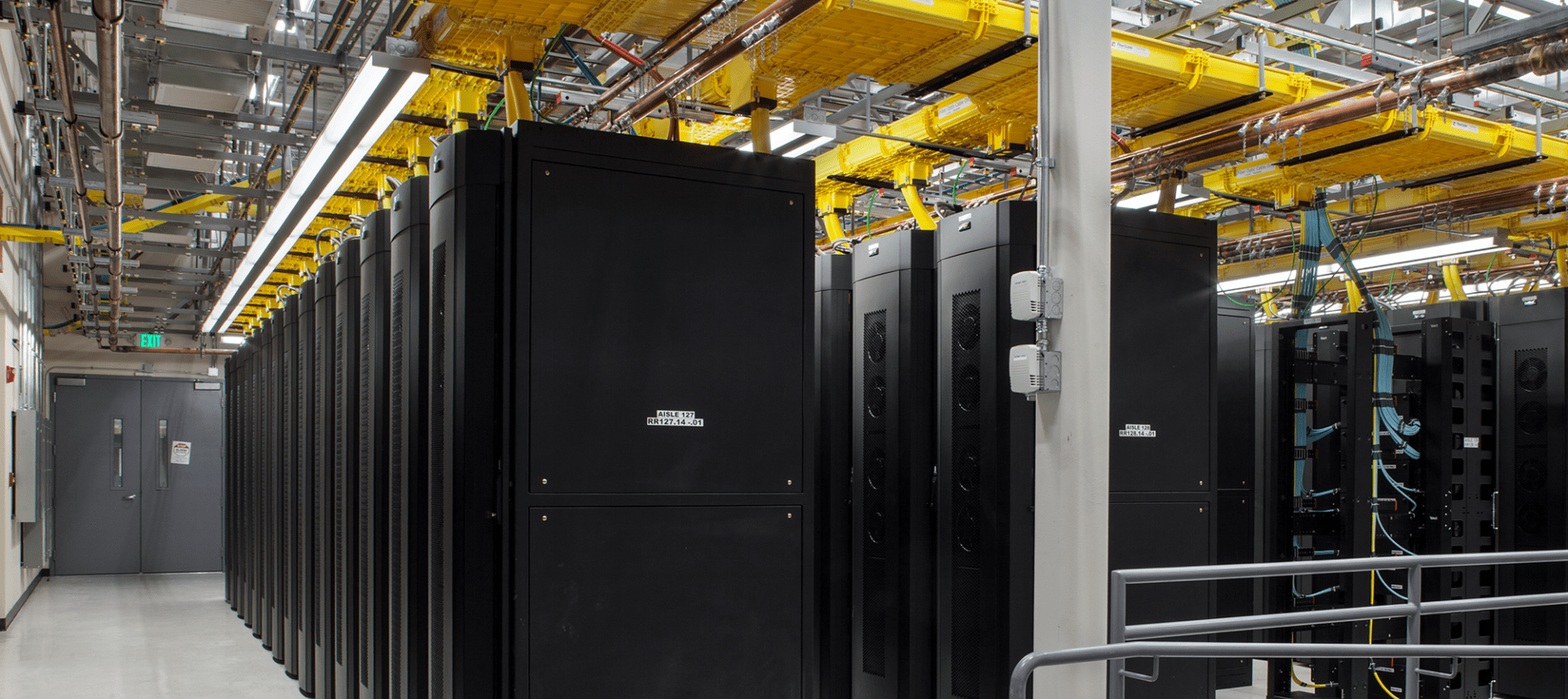News & Insights
Mission critical | the benefits of retro-commissioning for building performance
Retro-commissioning helps Telecom and Data Center clients deal with the challenges of rapidly changing technology and building modifications.

Mission critical buildings present unique operational challenges
These challenges stem from rapidly evolving technologies along with frequent building modifications.
Retro-commissioning provides Telecom and Data Center clients with a valuable strategy for dealing with these challenges. It can provide huge wins that enable clients to save energy, improve reliability and improve employee satisfaction in existing buildings.
This article answers our clients’ most frequent questions about retro-commissioning.
What is retro-commissioning?
Retro-commissioning (or RCx) is a systematic process for fine tuning building systems to restore optimal operation. Whereas commissioning typically involves the evaluation of new systems to ensure operation in line with original design intent, retro-commissioning focuses on existing systems after several years of operation.
During the normal course of business, it’s common for multiple uncoordinated changes to be triggered by construction projects, repairs, and maintenance (or lack thereof). This can inadvertently lead to inefficient and ineffective building system operation. RCx finds and addresses these gaps in performance.
What are the benefits of retro-commissioning for mission critical clients?
A major benefit of RCx is the savings in operating expenses that comes with optimized building systems—especially reduction of energy costs.
For example, air-side HVAC (heating, ventilation, and air conditioning) systems in buildings located in mild climates are typically designed to use outside air during ideal conditions. Unfortunately, we often find that these systems are not operating properly due to incorrect controls (including incorrect sequence of operation), failed components (such as outside air dampers), or lack of maintenance. These inefficiencies rob the building of substantial energy savings.
Maintenance costs also escalate with sub-optimum system operation while life-expectancy declines. For example, with proper provisions, an air handler supporting a vacant and abandoned part of the building can be shut down thus saving on both annual maintenance and energy costs.
What is involved in retro-commissioning? Which systems are analyzed?
Mechanical and electrical systems are the most commonly analyzed systems, but others can also be part of an RCx analysis.
The key to successful RCx is the upfront preparation followed by a methodical survey of the covered systems during site visits. The upfront preparation involves thorough review of available pertinent design drawings (including controls), controls programming, commissioning records (if any), documented issues, maintenance records, and system and energy consumption trend data.
This information is used to prepare pre-site survey checklists to facilitate the team’s methodical review and collection of data during the physical survey process.
During the survey, each system and its components are exercised to ensure proper operation. This includes validating the controls sequence of operation in mechanical systems, for example. The data collected is reviewed, analyzed, and compiled into a report with recommended repairs, modifications, and upgrades to restore optimum system operation (I.e., Energy Efficiency Measures). These Energy Efficiency Measures (EEMs) often come with Return-On-Investment (ROI) payback calculations.
How have large telecom providers benefitted from retro-commissioning of their buildings?
Major US telecoms often have a large portfolio of building assets with numerous under-utilized buildings. These buildings were constructed at a time when placing and physically connecting local offices to local communities with cables was the norm.
To make matters worse, the old electro-mechanical telecom technology required far more building space than today’s modern technologies. Evolving technology and demographics (e.g., shift away from land lines to cellphones) rendered most of the space in these buildings vacant and of little use.
Telecoms no longer have adequate return from this large asset base but continue to incur expenses in operating them. A major benefit of RCx is to optimize operation of systems in existing buildings. This can save major telecom firms millions of dollars in operating expenses lost on under-utilized assets with limited returns.
How much money can be saved through retro-commissioning?
Savings for individual clients depends on factors such as whether the systems were commissioned initially, the extent of changes to the systems (and supported building spaces), amount of maintenance and repairs (or lack thereof).
RCx can result in substantial savings with relatively small expenditure. For example, many HVAC issues can be resolved by simply correcting faulty or outdated controls sequence of operation programming or making minor repairs.
How is Salas O’Brien uniquely equipped to provide these services?
Our team’s combination of knowledge and expertise is key to providing best-in-class RCx services. We have a very experienced core commissioning group composed of individuals with upwards of 40 years of commissioning experience. We also have many experienced MEP (mechanical, electrical, and plumbing) engineers with in-depth knowledge of design of these systems. This combination gives us an advantage over many firms, which typically specialize in either commissioning or design but not both.
Contact us to learn more.
For media inquiries on this article, reach out to Stacy Lake.

Farshad Arfaa, PE
Farshad Arfaa has used strong management skills to successfully form, lead, motivate and manage teams with multi-million-dollar budgets while consistently delivering best-in-class results over the past 38 years. He has also originated and developed many technical standards, processes and best practices that have improved the industry. His knack for effectively managing costs combined with creative solutions have saved millions of dollars for mission critical clients. Farshad is a Senior Vice President with Salas O’Brien. Contact him at [email protected].

